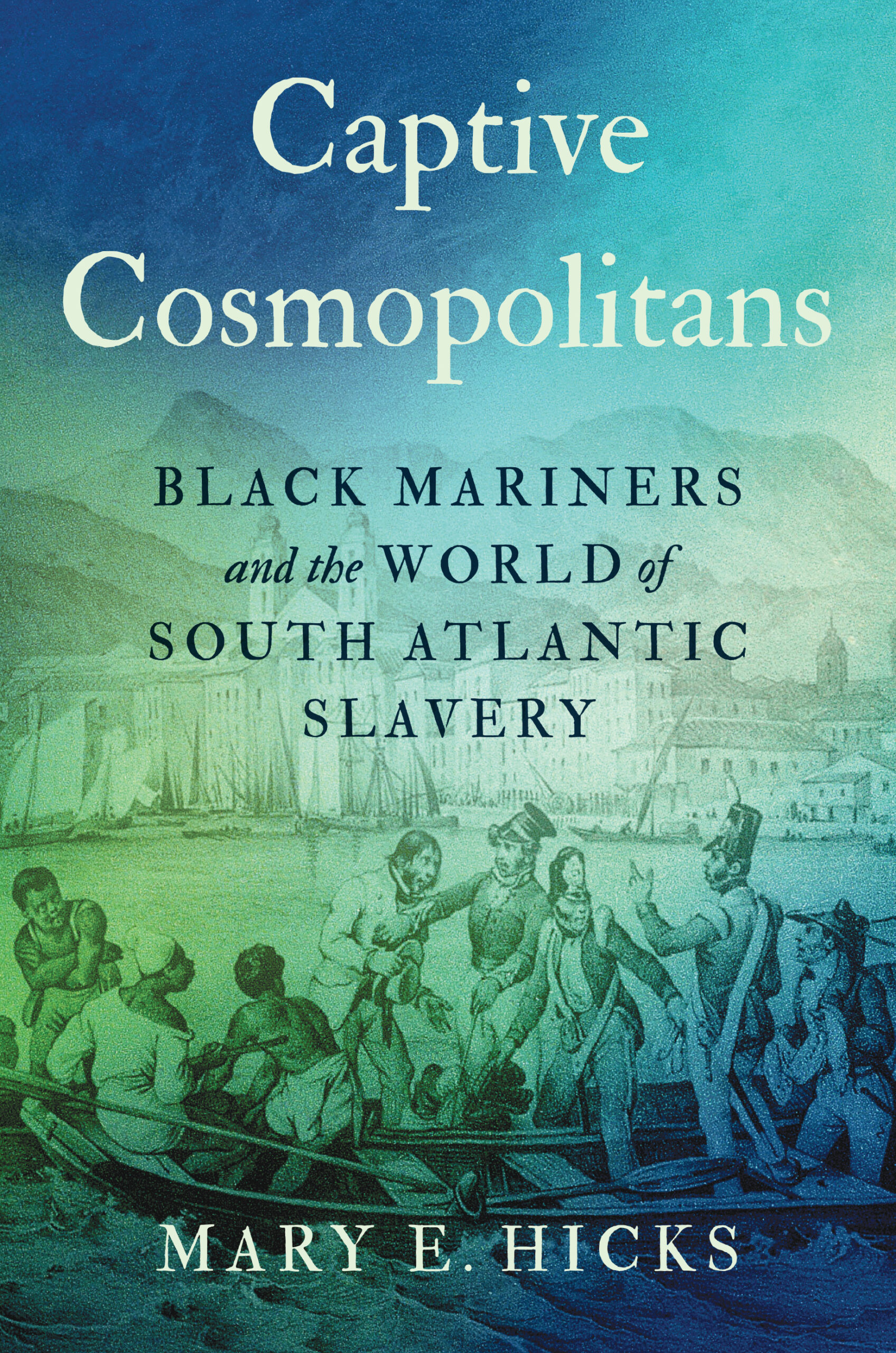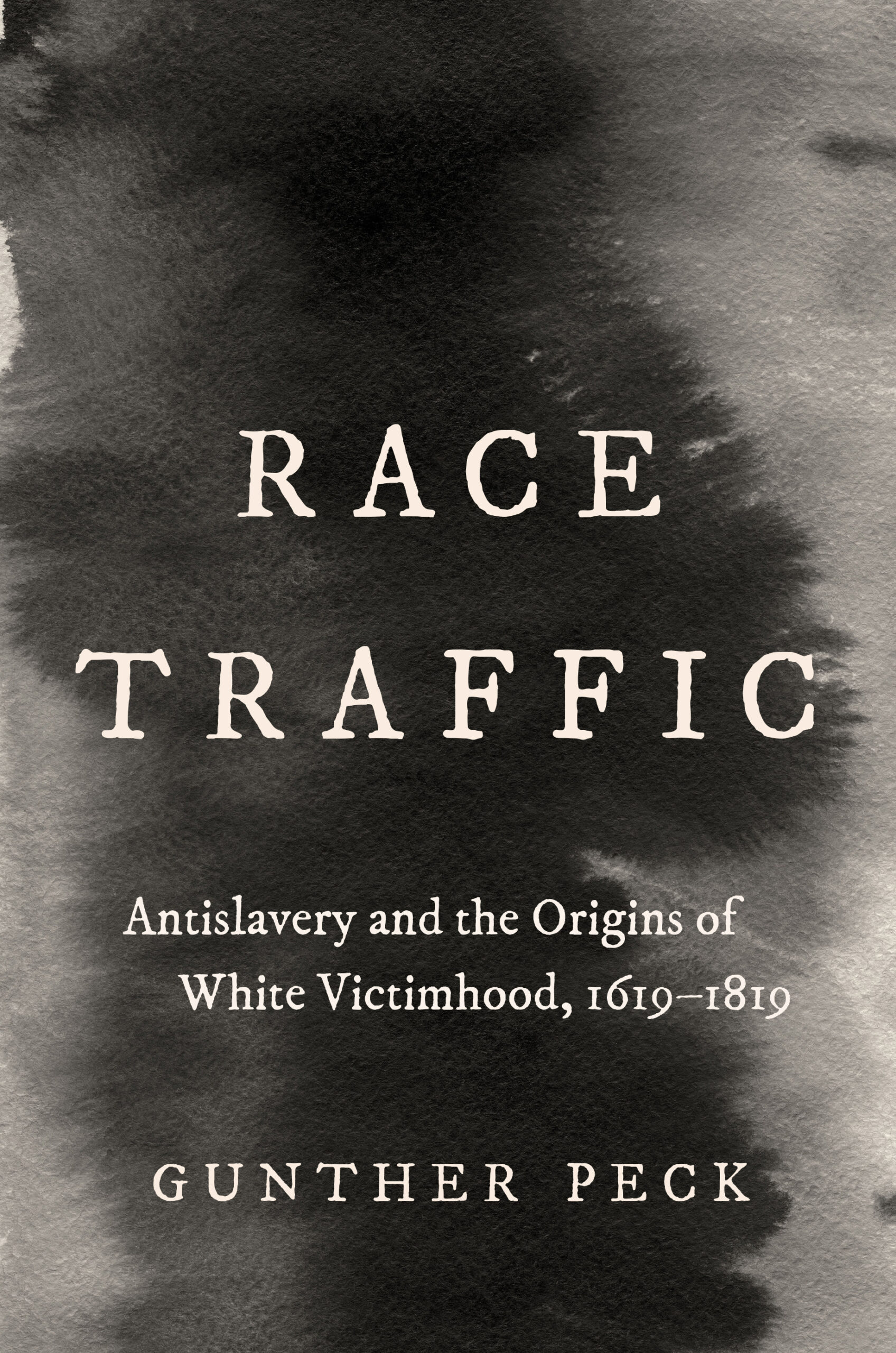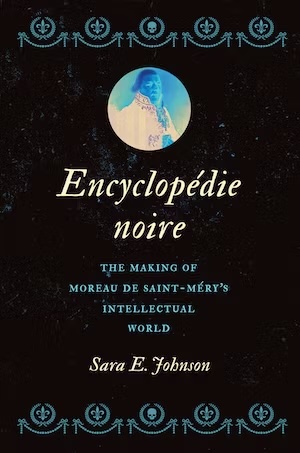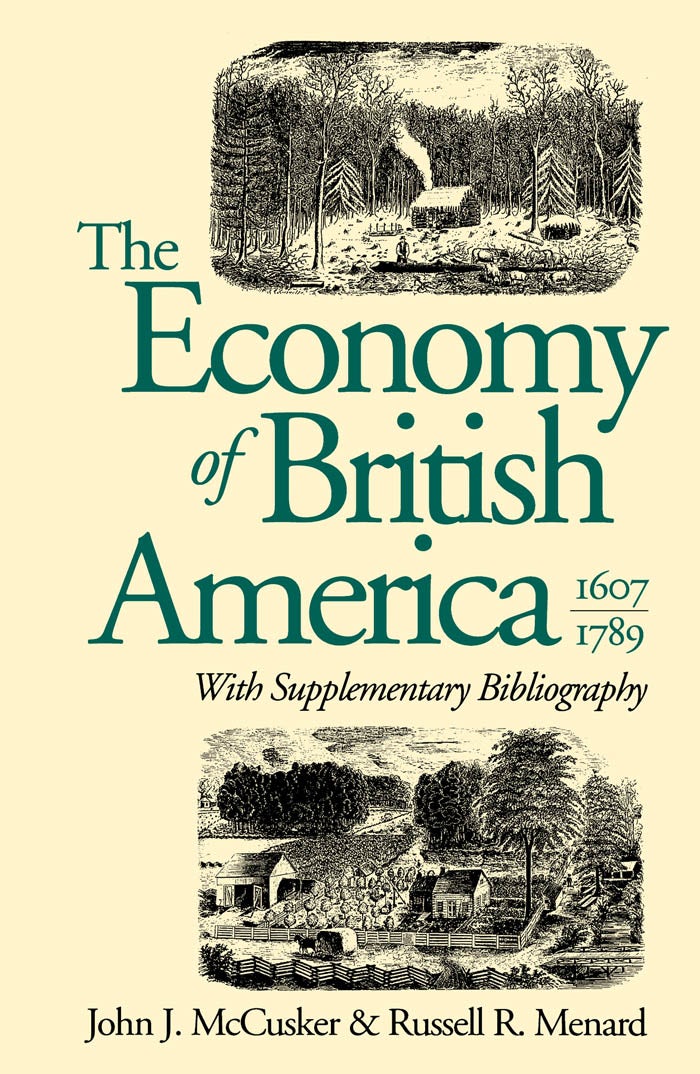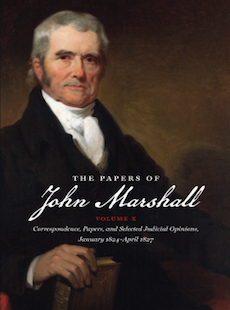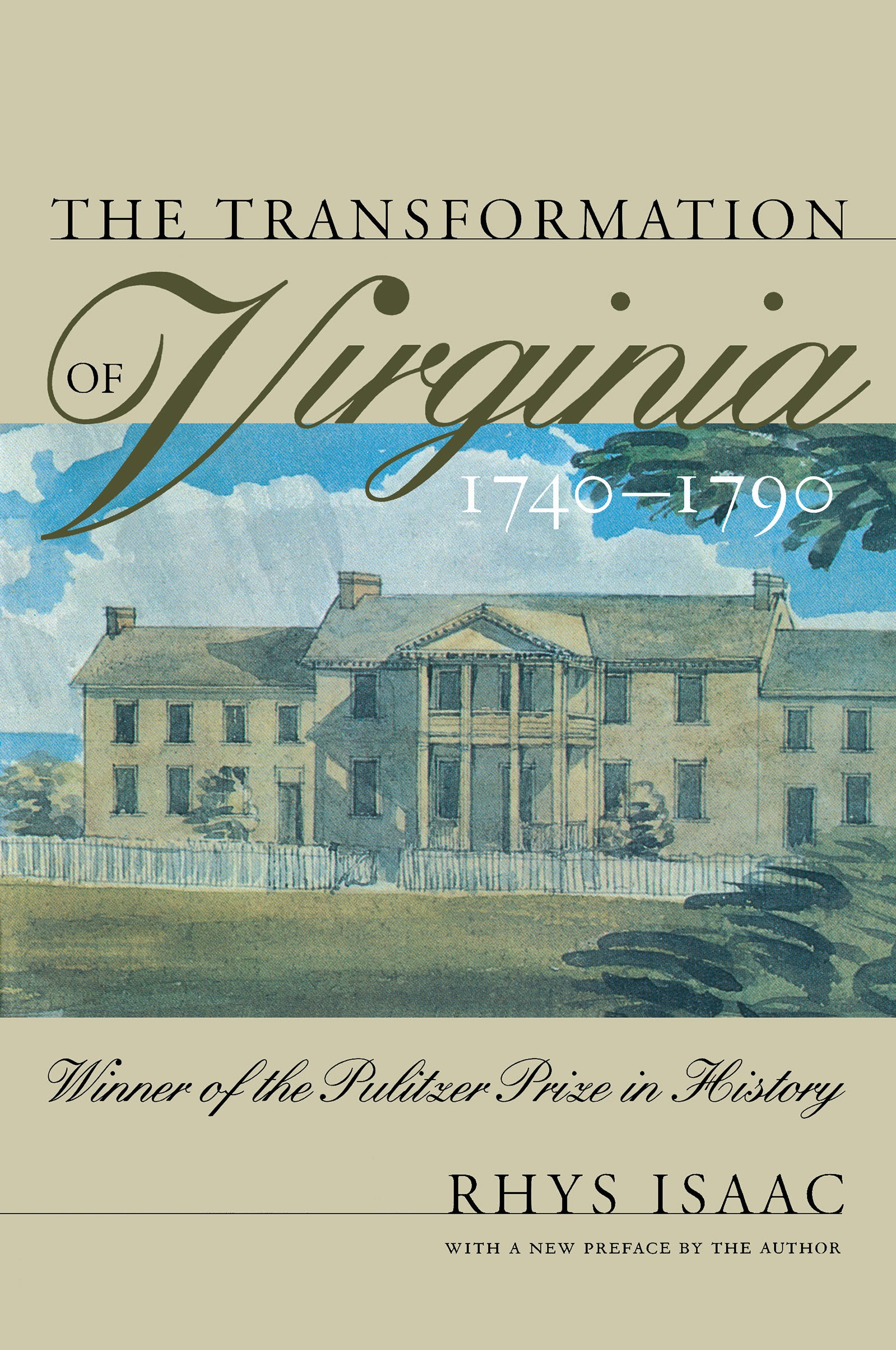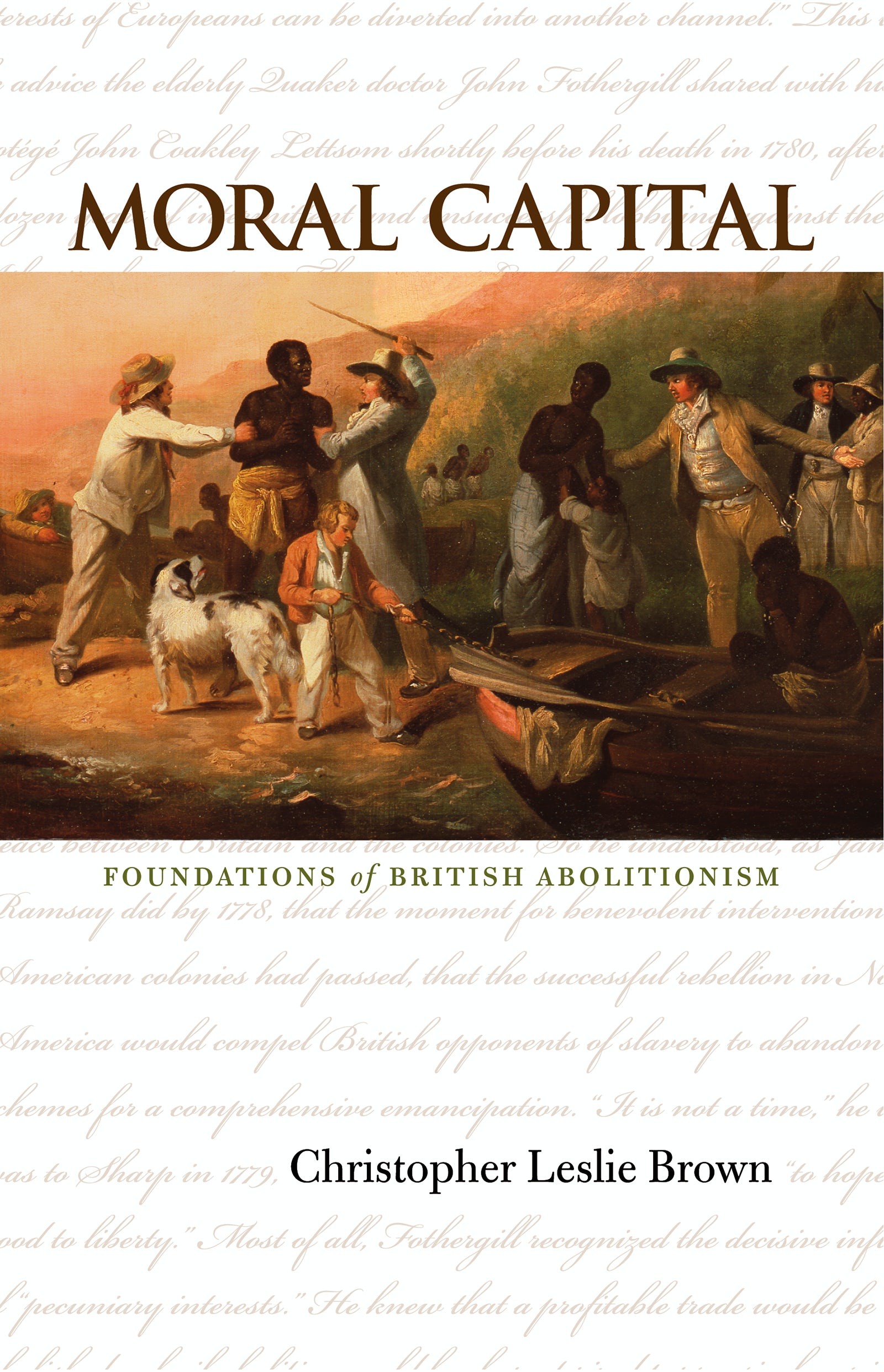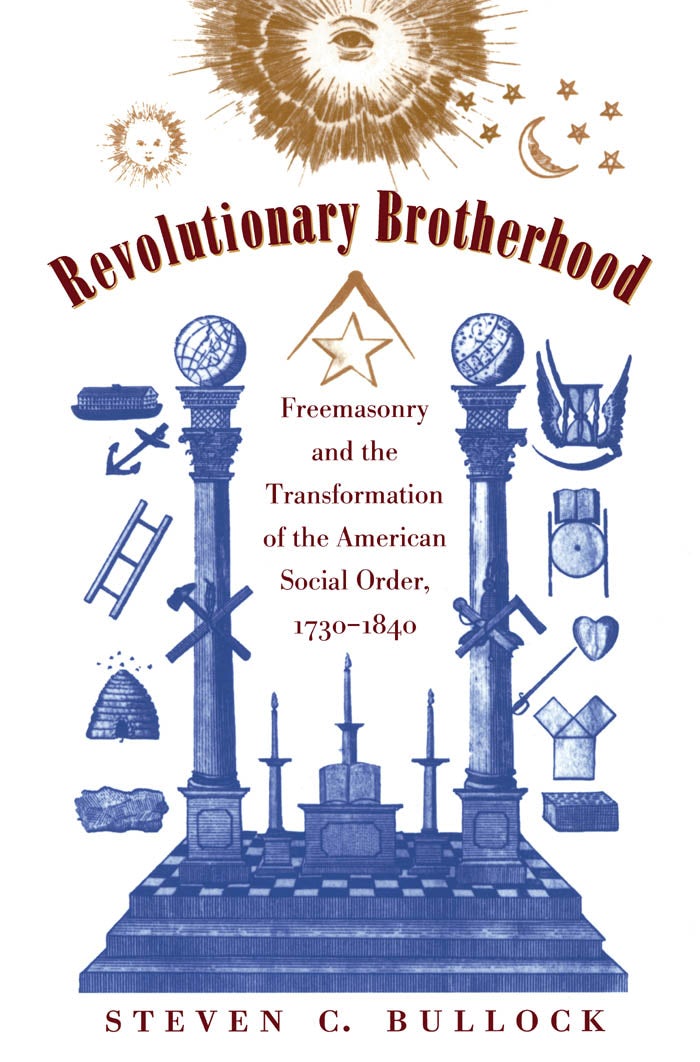
Revolutionary Brotherhood
Description
In the first comprehensive history of the fraternity known to outsiders primarily for its secrecy and rituals, Steven Bullock traces Freemasonry through its first century in America. He follows the order from its origins in Britain and its introduction into North America in the 1730s to its near-destruction by a massive anti-Masonic movement almost a century later and its subsequent reconfiguration into the brotherhood we know today. With a membership that included Benjamin Franklin, George Washington, Paul Revere, and Andrew Jackson, Freemasonry is fascinating in its own right, but Bullock also places the movement at the center of the transformation of American society and culture from the colonial era to the rise of Jacksonian democracy. Using lodge records, members’ reminiscences and correspondence, and local and Masonic histories, Bullock links Freemasonry with the changing ideals of early American society. Although the fraternity began among colonial elites, its spread during the Revolution and afterward allowed it to play an important role in shaping the new nation’s ideas of liberty and equality. Ironically, however, the more inclusive and universalist Masonic ideas became, the more threatening its members’ economic and emotional bonds seemed to outsiders, sparking an explosive attack on the fraternity after 1826. American History
About The Author
Steven C. Bullock is associate professor of history at Worcester Polytechnic Institute.
Reviews
“This encompassing and stimulating study . . . is an impressive synthesis about the place of Freemasonry in eighteenth and early nineteenth century American society and assuredly will be recognized as a landmark in the field.”–Journal of Social History
“This richly researched book is certain to become the standard work on antebellum Masonry. . . . Bullock’s careful approach enables him to catch the subtleties of Masonic thought very well. The book’s strength is its placement of Masonry in a variety of surrounding intellectual contexts. . . . A stimulating and thoughtful portrait of early Masonry.”–Journal of Southern History
“Any further inquires into the order of Freemasons in America will turn to this book as their starting point.”–Journal of American History
“[Bullock’s] research is exhaustive, his argument learned and subtle, his prose clear, and his insights numerous. Revolutionary Brotherhood is a major work of historical scholarship.”–Pennsylvania History
“Bullock’s book should become standard reading for anyone with an interest in the relationship between the public and the private or in the formation of the democratic imaginary. It complements what is now known about European freemasonry in the eighteenth century, and . . . it adds to current debates about the nature of republicanism, the Habermasian public sphere, and the interests of the first generation of independent Americans.”–William and Mary Quarterly
“Bullock does an outstanding job linking Masonry to larger social and political developments. . . . There is much to learn in this eloquent book. Bullock offers keen insights to popular views of science, history, art and religion in the early republic, as well as exploring the fate of revolutionary fraternalism.”–Journal of the Early Republic
“As Steven Bullock’s learned and provocative Revolutionary Brotherhood makes clear, Masons were implicated in some of the most important controversies and conflicts of the Anglo-American age of Enlightenment and Revolution.”–Reviews in American History
“Bullock has given us a marvelously detailed and carefully argued exploration of American freemasonry, in a book that will be the point of departure for any debate about its place in the early modern Atlantic world.”–Journal of Interdisciplinary History
“This is an excellent work on the place of Freemasons in Revolutionary and post-Revolutionary America, and an excellent addition to any Mason’s library.”–The Empire State Mason
“Bullock’s account of how populistic, evangelistic, politically inventive anti-Masons deflated Freemasonry’s claim to republican elitism is both timely and expert.”–Choice
